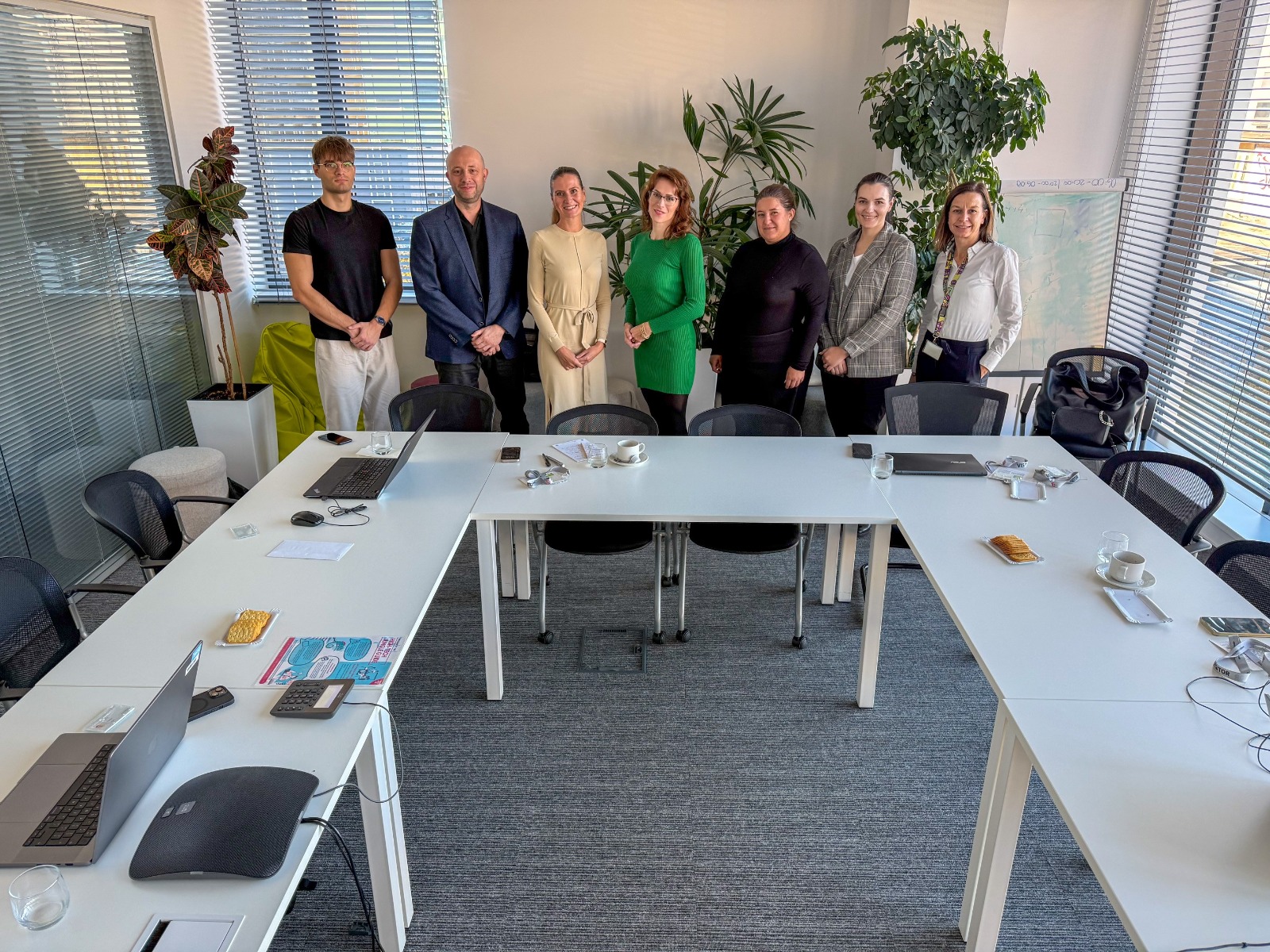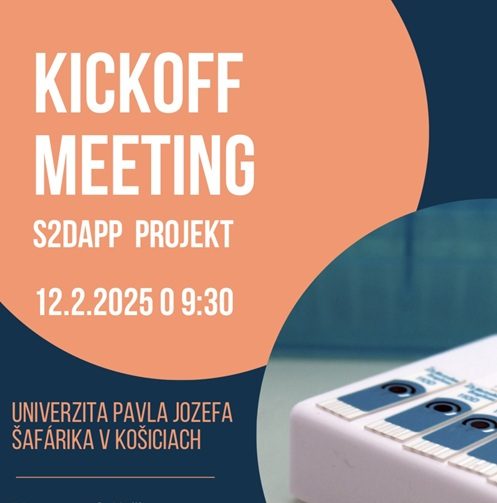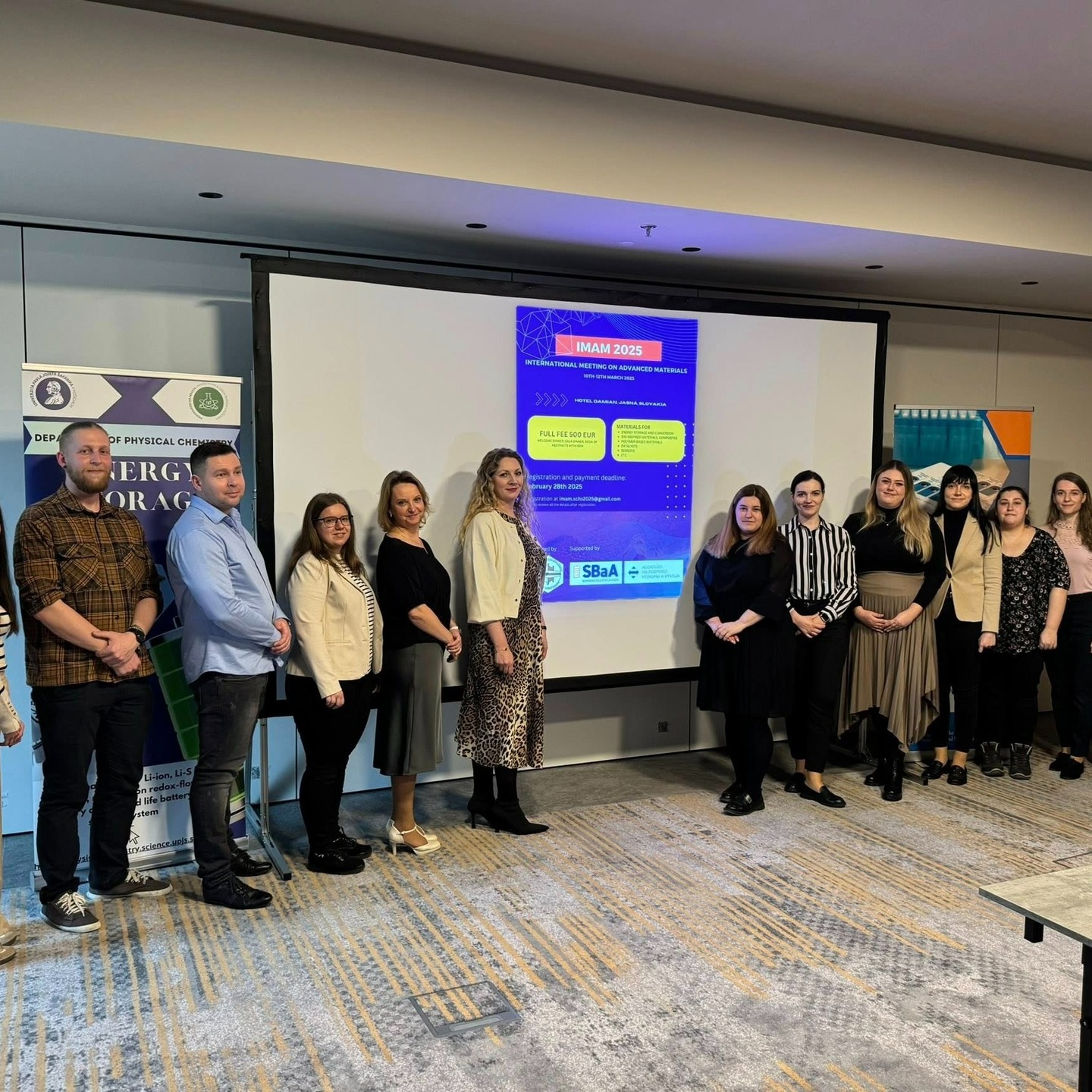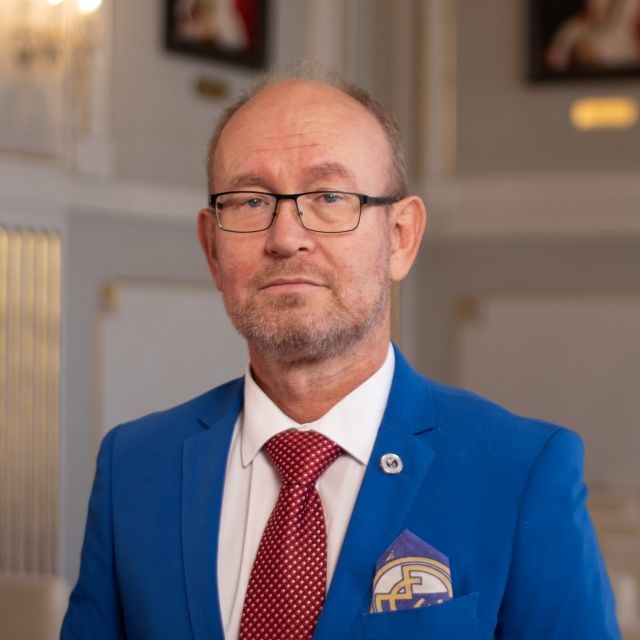Third Working Meeting of the S2DApp Project in Košice

Dňa 6. novembra 2025 sa konal tretí pracovný meeting tímu S2DApp v priestoroch Deutsche Telekom Systems Solutions Slovakia. Stretnutie sa zameralo na…
S2DAPP
The project titled “App Driven Multisensor Solution: Bridging Sensors to Digits” (acronym S2D App) focuses on fundamental research aimed at developing a multisensor that, together with a software application, represents a breakthrough method for patient self-diagnosis.

Stories
News

On February 12, 2025, the kick-off meeting of the S2DApp project took place in Košice, which, with the support of NextGenerationEU, will bring innovative connections between sensors and digital solutions.

The team from the Department of Physical Chemistry at UPJŠ and the S2DApp project participated in the IMAM 2025 conference, where they presented new research in the field of electrochemical sensors.

Pavol Jozef Šafárik University in Košice became the main coordinator of a Recovery and Resilience Plan project under the call for support of research projects focused on digitalization…
Experts

prof. RNDr. Renáta Oriňaková, DrSc.
The project’s principal investigator, Vice-Rector for Science, Research, and Project Agenda at UPJŠ in Košice, an expert in the field of physical chemistry and electrochemistry.
Foto: ©ESET Science Award, Jozef Kadela

Dr.h.c. prof. MUDr. Pavol Jarčuška, PhD.
Vice-Rector of UPJŠ for Development and European Issues, President of the Slovak Society of Infectiology, an expert in infectious diseases and the use and effects of antibiotics.
Archív ESET Science Award, © Linda Kisková Bohušová

Head of the Department of Physical Chemistry at UPJŠ, an expert in the development of non-enzymatic electrochemical sensors.
Foto: Archív ESET Science Award, © Linda Kisková Bohušová

Vedúci Innovlabu, expert na IT, telekomunikácie a vesmírne technológie.
Archív ESET Science Award, © Linda Kisková Bohušová
Laboratories
Consortium

Pavol Jozef Šafárik University in Košice, established in 1959, is one of the most significant academic institutions in Slovakia. UPJŠ is renowned for its excellence in scientific research and education in the fields of natural sciences, medicine, law, and humanities. Its faculties, such as the Faculty of Science, specialize in research in physics, chemistry, and biology, with an emphasis on interdisciplinary projects. The university is a hub for nurturing young talent and supports scientific discoveries with regional and international impact.

The Faculty of Science at Pavol Jozef Šafárik University in Košice is a modern center for education and research in the natural sciences. It offers studies in fields such as biology, chemistry, physics, informatics, mathematics, and geography, including teacher training programs. The faculty is equipped with state-of-the-art laboratories and participates in international research projects, enabling students to work on current scientific topics. Graduates find employment in various fields, from science and education to research and industry. Students also have the opportunity to study abroad through programs like Erasmus+.

An organization focused on technology and innovation, as indicated by its logo with interconnected lines symbolizing connectivity and networks. While specific details are limited, VAIA likely contributes expertise in areas such as artificial intelligence, data analytics, or digital connectivity, playing a significant role in the consortium’s technological advancements.

The Slovak National Recovery and Resilience Plan, part of the broader European Union initiative to support member states in recovering from the economic impacts of the COVID-19 pandemic. The plan emphasizes revitalization, development, and long-term resilience, aligning with the consortium’s goals focused on economic recovery.

The European Union’s NextGenerationEU initiative is a €750 billion recovery fund designed to help member states rebuild their economies after the COVID-19 pandemic. With a focus on green and digital transformation, this initiative provides crucial funding and support, thereby bolstering the consortium’s efforts in innovation, sustainability, and digital transformation.

The Ministry of Education, Research, Development, and Youth of the Slovak Republic is the central state administration body of the Slovak Republic for kindergartens, primary schools, secondary schools, universities, educational facilities, lifelong learning, science and technology, and state care for youth.

Deutsche Telekom IT Solutions Slovakia is one of the world leaders in information and communication services, operating in more than 50 countries. Deutsche Telekom IT Solutions Slovakia is one of its subsidiaries, established in January 2006. Since its inception, it has been closely tied to the eastern Slovakia region. This was demonstrated in 2007 when it became one of the founding and active members of the Košice IT Valley association. Over the past decade, the company has grown from nothing to become the second-largest employer in eastern Slovakia, with over 4,000 employees. Thanks to its size, scope, and quality of services, Deutsche Telekom IT Solutions Slovakia significantly contributes to its parent company being the market leader in Germany and among the top four ICT service providers in Europe. Within the group, Deutsche Telekom IT Solutions Slovakia offers information technology services, specializing in corporate clients in Germany, the European Union, and worldwide. The company’s employees are highly educated, reliable, ambitious, and flexible. The company strives to continuously improve and enhance their qualifications, offering a modern work environment, whether in the form of hybrid work or remote work, along with numerous internal activities and benefits.